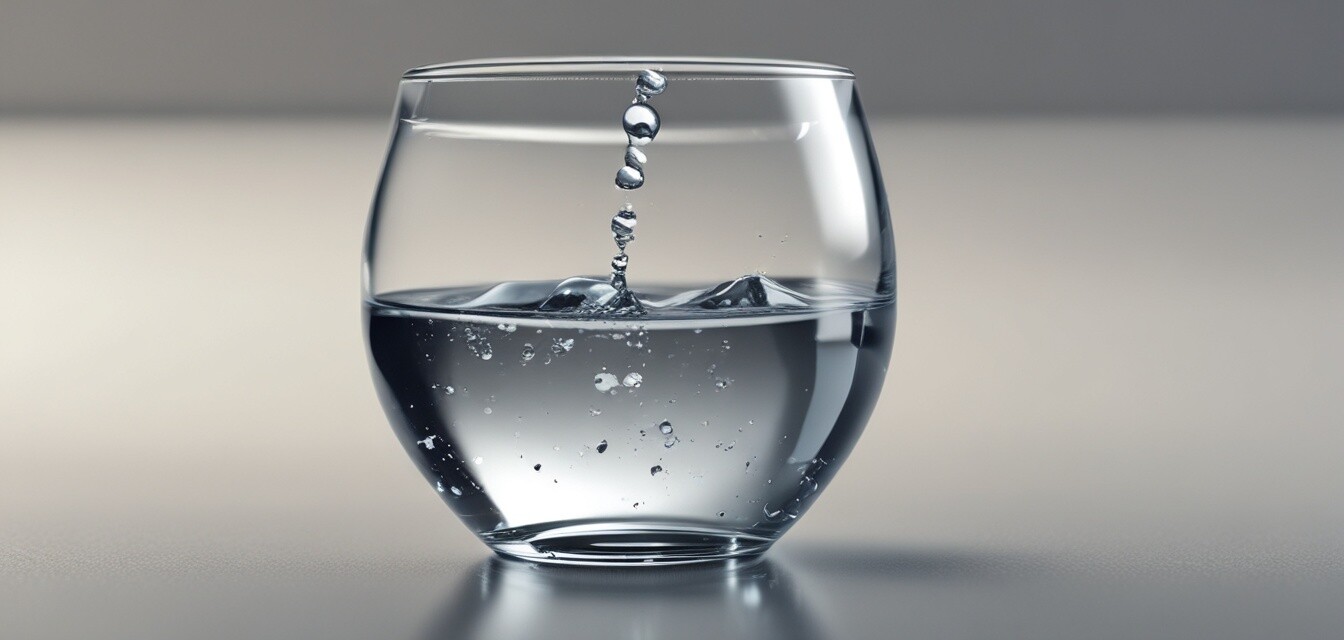
The Importance of Hydration for Allergy Relief
- Staying hydrated can help manage allergy symptoms effectively.
- Water plays a crucial role in supporting your immune system.
- Understanding signs of dehydration can help you maintain optimal hydration.
- Simple tips can ensure you're drinking enough water during allergy season.
- Incorporating hydrating foods can complement your water intake.
Seasonal allergies can bring discomfort and frustration, making it essential to explore various strategies for relief. One often overlooked method is hydration. Not only does water play a vital role in overall health, but it also supports your body in managing allergy symptoms. In this article, we’ll discuss the importance of hydration and provide practical tips to ensure you stay adequately hydrated during allergy season.
Why hydration is crucial for allergy relief
Hydration is more than just quenching your thirst; it's essential for various bodily functions that can indirectly alleviate allergy symptoms. When you're properly hydrated, your body can:
- Support the immune system, enhancing its ability to fight allergens.
- Thin mucus, making it easier to expel and reducing sinus pressure.
- Maintain skin elasticity and moisture, reducing itchiness and irritation.
The role of water in the body
Water constitutes a significant portion of the human body and plays several crucial roles, including:
| Function | Importance |
|---|---|
| Regulation of body temperature | Helps maintain a stable internal environment |
| Transportation of nutrients | Delivers essential nutrients to cells |
| Detoxification | Flushes out harmful substances |
| Joint lubrication | Protects joints from wear and tear |
Signs of dehydration
It's crucial to be aware of the signs of dehydration, especially during allergy season when you may be less inclined to drink water. Common symptoms include:
- Dizziness or lightheadedness
- Dry mouth and lips
- Fatigue and reduced energy levels
- Increased thirst
- Urine that is dark in color
If you experience any of these symptoms, it's essential to increase your water intake.
Recommended daily water intake
The amount of water you need can vary based on factors such as age, activity level, and climate. However, a common guideline is:
| Age Group | Recommended Daily Intake |
|---|---|
| Children (4-8 years) | 5 cups (1.2 liters) |
| Teenagers (9-18 years) | 7-8 cups (1.6-1.9 liters) |
| Adults (19 years & up) | 8-12 cups (1.9-2.8 liters) |
Tips for staying hydrated during allergy season
Practical hydration tips
- Carry a water bottle: Keep a reusable water bottle with you to remind yourself to drink throughout the day.
- Set reminders: Use your phone to set reminders to drink water, especially if you're busy during allergy season.
- Infuse your water: Add fruits or herbs like lemon, mint, or cucumber to enhance the flavor of your water.
- Eat hydrating foods: Include fruits and vegetables with high water content, such as watermelon, cucumbers, and oranges.
- Track your intake: Use apps or journals to monitor your daily water consumption to ensure you’re meeting your hydration goals.
Hydrating drinks to consider
In addition to plain water, consider these hydrating options:
- Herbal teas
- Infused waters
- Coconut water
- Vegetable juices
Conclusion
Staying hydrated is an often overlooked aspect of managing seasonal allergies. By understanding the benefits of hydration and following simple tips to increase your water intake, you can effectively support your body during allergy season. For more tips on managing allergies, check out our other articles on tips and best practices or explore our range of allergy medications for additional support.